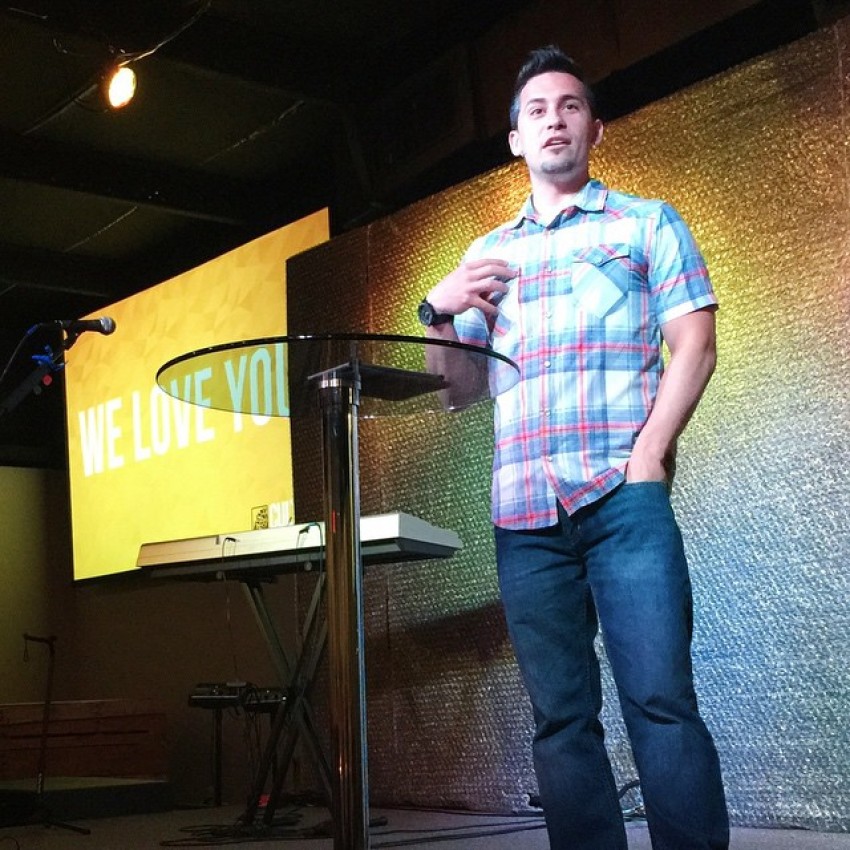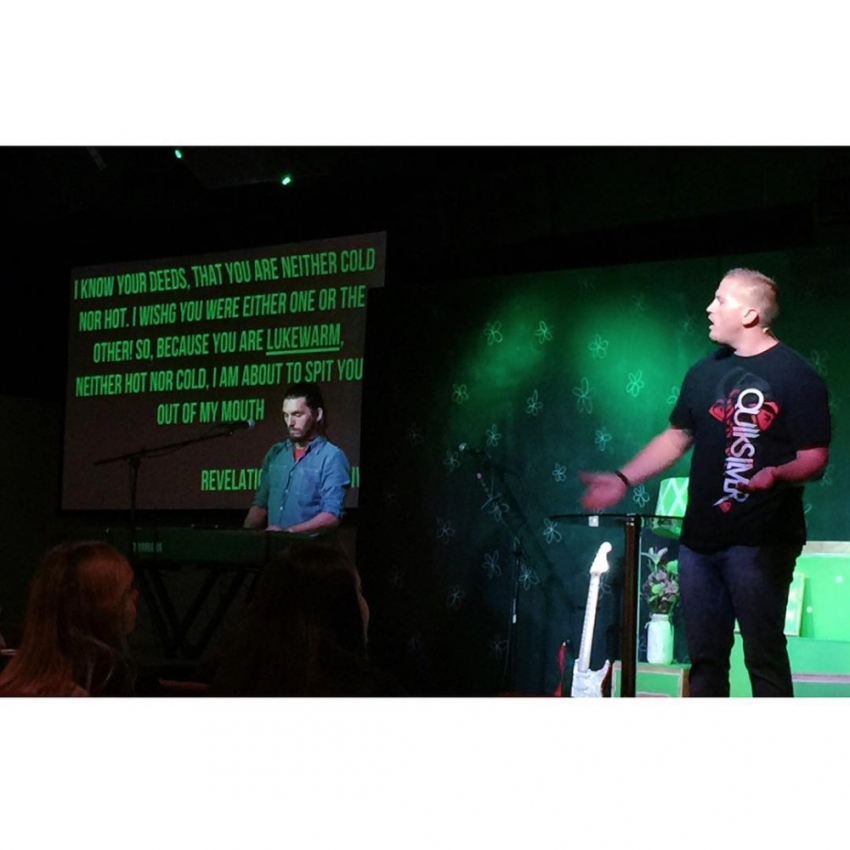'God's Not White': Alabama Pastors Aim to End Racial Segregation in the Pews With New Sermon Series

Pastors Brandon Doss and Brandon Matthews, who co-lead Cultivate Church located in a mostly white suburb of Birmingham, Alabama, are hoping to put an end to segregation within the pews with their new sermon series "God's Not White," which will address racial tensions and issues that affect Christians in today's culture.
"We want to take a very sobering look at the reality of where our churches are … then leave out of our churches with people [who] are equipped to do something about it," the pastors told The Christian Post during a phone interview. "If we can encourage other faith communities to do the same, we believe it can bring transformation to communities all around our country."
In the wake of shooting deaths of police officers in Texas and New York, and the killing of Christians during a Bible study inside a historic African-American church in Charleston, among other occurances of racial unrest, the inspiration for "God's Not White" came from John 17, where Jesus prays for believers to be united. For Doss and Matthews, part of that charge is shepherding more diversity within their own church of some 300 members in Alabaster, which they said is "95 percent white."
"It's mostly segregated on Sundays. There's not very many multicultural churches around. … In John 17 Jesus is praying specifically that believers, disciples and even those that are going to become believers would become one," Matthews said.
"We prayed about it. If we're going to do it, how do we get people's attention in a positive manner, not a negative manner. How do we point people to Jesus? [And] what do we need to do to reach people outside of our own culture?" he added.

The first step was recognizing the problem. According to a LifeWay Research poll earlier this year, eight in 10 churches have just one predominant group, and one in five churchgoers say their ethnicity hindered their involvement with the congregation.
Contrast that against the 71 percent of Evangelicals who say their church is diverse enough and the 71 percent of pastors who speak about race in the pulpit only once a year or less.
"The Bible says we were all created in His image and clearly we all look on the outside very different, so that when we talk about the image of God, that can't be it," Doss told The Shelby County Reporter in a previous report.
Rev. Martin Luther King Jr. spoke about the same issue in 1963 when he called the church "the most segregated major institution in America." Yet 52 years later, races and cultures remain largely separate in church, which Doss and Matthews feel has contributed to a larger pattern of separation in the U.S.
"The church has been largely silent about [the lack of diversity]," Matthews explained. "If the church would be more intentional about it, I think the culture would follow suit. But I think the culture is where it's at because the church has been silent on it."
So the co-pastors decided to reach out to a nearby predominantly African-American church to worship with them. Even though some things were culturally different than they were used to, they said they were embraced as children of Jesus.
"They opened up arms to us, loved us, welcomed us," Matthews said. "This is what it feels like to walk into a different culture. We want together to begin making those connections … lets bridge the gap and let's make a difference together."
Even though a recent census pegs Alabaster and the surrounding Shelby County as over 80 percent white, it's gradually becoming more diverse. As newcomers arrived, however, Matthews and Doss noticed that those new faces were much more likely to rent a space and start their own church than join one of the existing, homogenous places of worship. Now they're working to change that.
"Why not go ahead and prepare a place for people?" Doss said. "If we could unite around Jesus and not necessarily our bank accounts or our social status or our skin color … I think that's the job of the church."
The "God's Not White" sermon series will begin on Sunday.



























